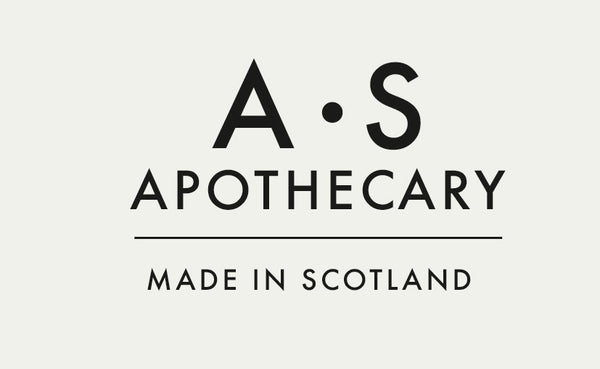
It’s mid-April and we are firmly into Gorse picking and seed sowing – we sow seeds successionally so that we don’t run out of any plant critical to Wild Eve production, this means that every week we sow a fresh tray or two of our most used plants. It’s an old gardening trick for annuals, to keep the flowers coming for as long as possible through the growing season.
In Harris because the season is short and the conditions challenging, we are incredibly grateful to have our massive greenhouse to offer protection from the wind, the salt and the claggy, clay ridden, very acidic soil which boasts an eyewatering pH of 5.

In the greenhouse we’ve made flower beds from old pallets of varying heights and lengths and carefully conditioned the soil to make it more free draining and to get as close to a pH of 7 as we can manage. The pallets were broken down and severely charred to bring the oils to the surface to make them last. The black wood provides a stunning foil for the colourful planting and apart from labour, the beds were free, making use of wood left over from deliveries. We strongly believe that commercial growing on a small scale can be beautiful and that’s our mission.
April is also the main month for seaweed – we use Sugar Kelp in Wild Eve dived for us by our friend Lewis (from Lewis). It arrives beautifully packaged within 24 hours of landing ashore, 10 minutes later we’re hanging it on the lines and with a fair breeze, we’ve got it all dried and packed away within the day. Sugar Kelp is an incredibly important sea plant for us and getting the very best taste from it requires careful handling and great respect. We take each leaf – they are often very large – check it over for stray sea creatures and then hang it in the greenhouse outrigger. We’ve found that line drying brings the mannitol to the surface, really enhancing that sweet/salty balance. It’s a far more complex flavour than the commercially dehydrated version which is often over dried and then allowed to partially rehydrate before packing.
The other reason to grow more is so that we can forage less and support our bee population with more early season nectar. Honeysuckle which grows only where the sheep can’t reach it is one of our key plants and a favourite of the bees – the floral note it brings to Wild Eve along with the Rose is delicious. Although we always pick sustainably in the wild, we decided to plant Honeysuckle all over the croft and in the greenhouse. This year we’re anticipating a good crop of easily pickable flowers – no more fording streams, balancing on rocks and climbing gullies. Hurray!
Some plants do need to be wild harvested, the Bogbean needs open fresh water to thrive so we find it in all the lochs on the rocky east side of the island. Last year we used canoes to pick it, the year before we had waded in and sunk thigh deep in the bog – it was both hilarious and terrifying. The edges of bogs feel really springy underfoot inviting bouncy walking until quite suddenly mid-bounce the ground gives way and the bog swallows your legs. The canoes were better, much better.
Next Winter all our remaining Roses (about 150) will move here from Yorkshire where they have been acclimatising for the last year or so after leaving Sussex. Those varieties won’t survive outside in Harris so the outriggers on the greenhouse will become their new home. We’re preparing the beds already so we can get the conditions ideal for them to thrive when they arrive.

Making a drink like Wild Eve where so many of the plants are from here offers incredible provenance. I especially love that we can show visitors around not just where we make it but also where we grow. A product can only be as good as the ingredients that go into it and knowing where each plant comes from is really important to us. Working like this is expensive both in labour costs and ingredient costs. It’s so much cheaper and easier to use extracts that are already made for you, it makes scaling way easier, it also means that whatever the weather brings, the drink can be made. It’s different for us, a terrible harvest means we can’t produce as much, if we underestimate demand, we can’t simply conjure up more plants out of season. We have to plan carefully and mitigate risk as far as possible.

What you get with Wild Eve is complexity and nuance that you simply can’t get with any other non-alcoholic drink. It’s the plants and the processes that we’ve perfected that make it such an exciting drink whether you are a drinker or not. If you’ve visited Harris, you’ll know what extraordinary gifts this landscape offers, it’s our privilege to have captured them in a single beautiful bottle.
